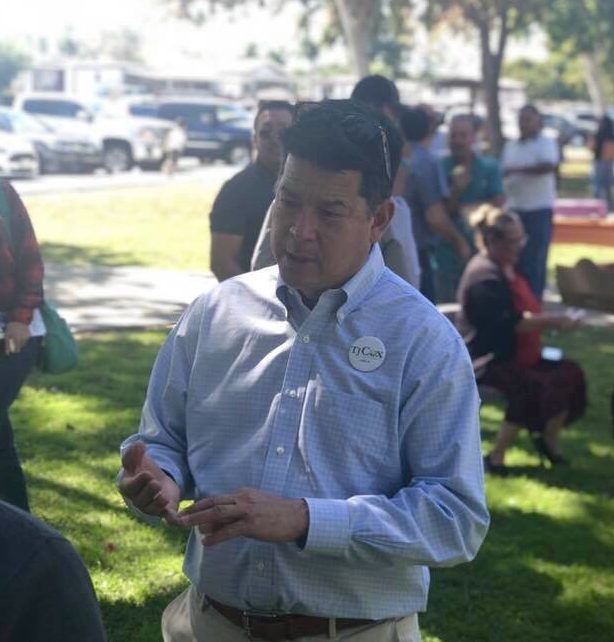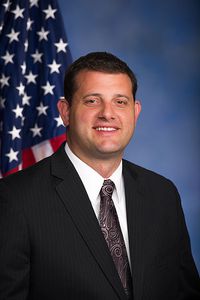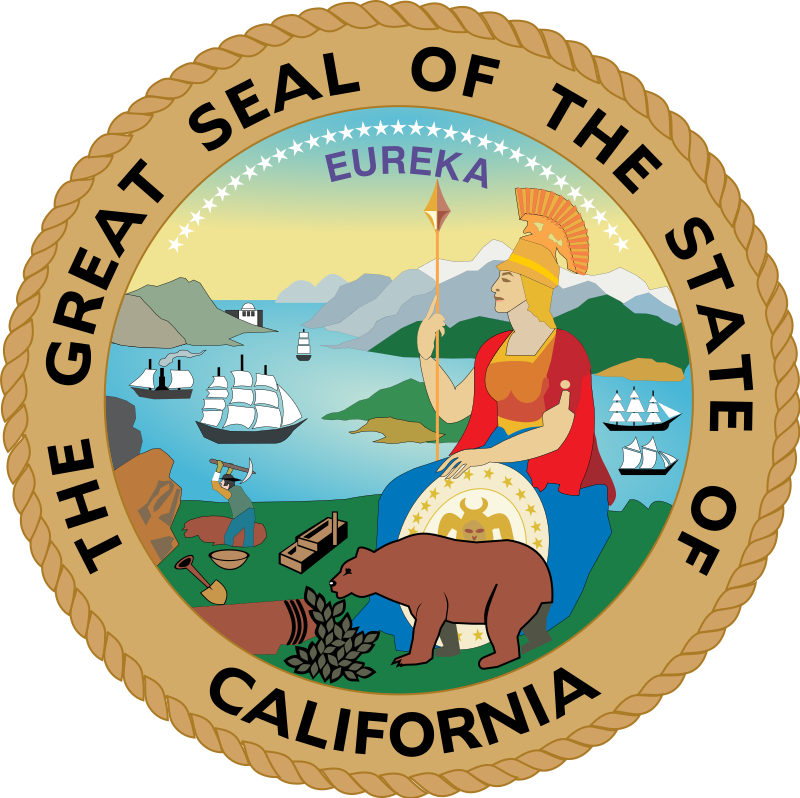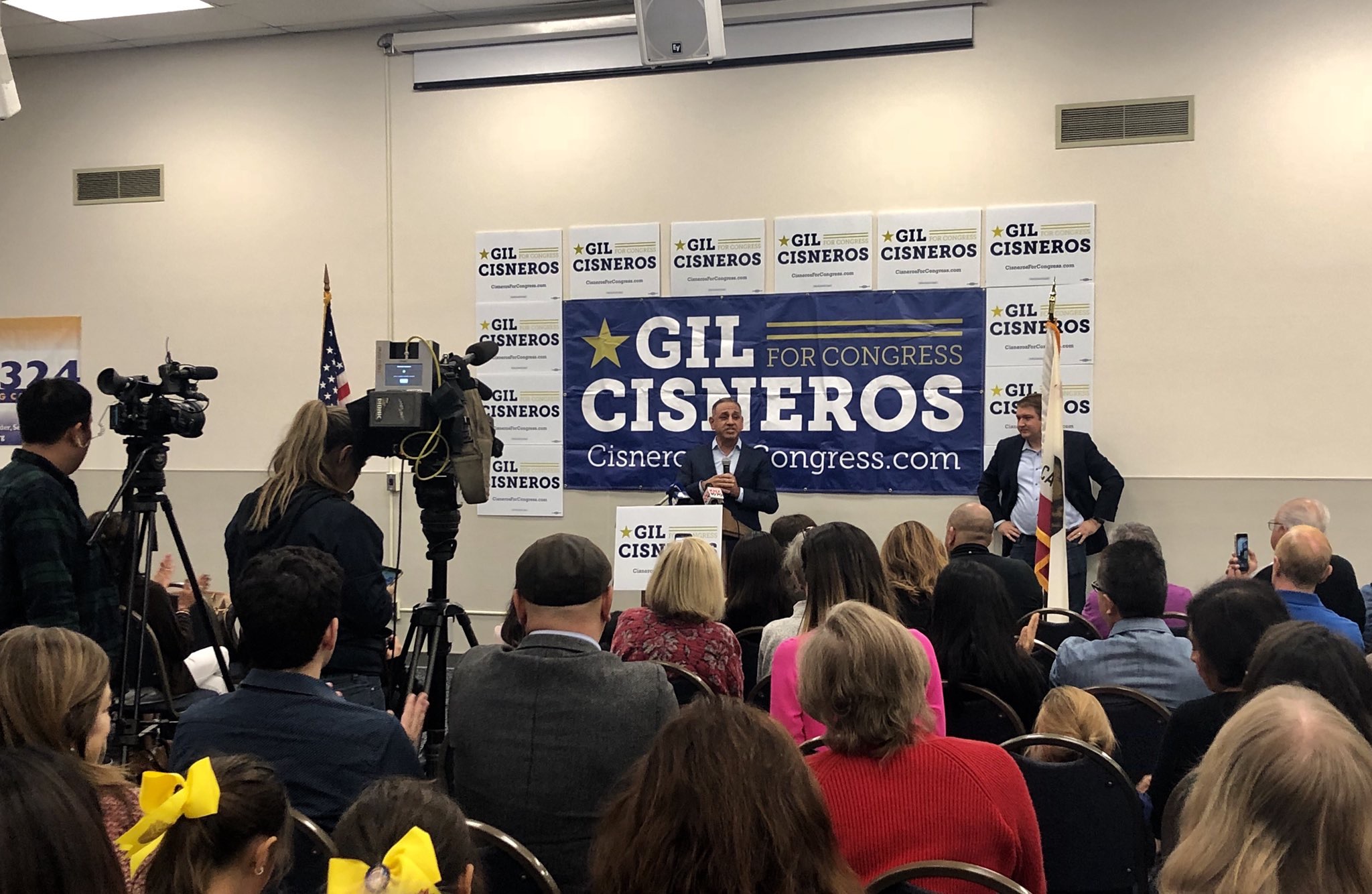
Congressman TJ Cox. (Photo: Twitter)
2020 March Primary Preview: 21st Congressional District
California Globe takes an inside look into the 21st Congressional District primary race
By Evan Symon, February 19, 2020 5:46 am
The 21st Congressional District:
Taking up the lower San Joaquin Valley with bits and pieces of Fresno, Kern, Kings, and Tulare Counties, the 21st Congressional District stretches from outer Bakersfield to outer Fresno. An overwhelmingly Hispanic region at 71% of the populace, this is also the poorest district in California. The average household income is barely above $40,000 here.
Ever since 2013 redistricting, the district has swung more towards the Democratic Party. All major offices have gone to Democrats with at least 5% of the vote here since 2013, with the lone exception of the Congressional Representative. And the Democrats barely won that race in 2018 with less than 1,000 votes between the two candidates. Republicans are banking on a slight resurgence with a former Congressman while the Democrats hope to hold the incumbent and keep the district blue.
History of the 21st:
The 21st bounces around every ten years to another wildly different geographic location. When the district was created in 1943 it covered LA, but as more districts were created in the golden state it moved more and more north. Right now it’s starting to threaten to move past Fresno. In 2012 it centered on the lower San Joaquin Valley, and despite a strong Democratic presence thanks to a large Hispanic population and a Democratic voting history, recently moved Republican Congressman David Valadao won in a new district, defeating Democrat John Hernandez with 58% f the vote.
This percentage stayed relatively the same through the next several elections until 2018 when Congressman TJ Cox (D-CA) challenged him. Despite being the heavy underdog, Cox attacked Valadao’s support of trump and his immigration policy and targeted voters more likely to vote by mail. While Valadao seemed like the winner on election day, votes by mail came in. By late November Cox was up and Valadao conceded, making the 21st one of the biggest upsets of the midterms.
Valadao is back in 2020 and wants his seat back. Cox and the Democrats want a hold on a district that’s seen as future Democrat territory.
TJ Cox:
One of the biggest underdog winners in the new Millennium in California, incumbent Congressman TJ Cox faces a huge election in 2020. The creator of the Central Valley Fund charity and a nut processing businessman, Cox had previously lost in the 2006 Congressional race against former Congressman George Radanovich before his 2018 surprise victory over Valadao.
An Agriculture and Natural Resources Committeemember, Cox has spent his term largely focused on Central Valley farming issues. Water issues have remained one of his top priorities since 2018. Immigration, health care, greater employment and education have also been up there. A usually left leaning voter, he has broken party lines at times to vote with House conservatives over certain issues, with those issues almost always affecting farmers and workers in his district. His work on bringing greater healthcare to the region has been one of his primary showpieces, and will be much more prominent as we get closer to November.
Every top Democrat is putting their support behind Cox, as keeping the district has slowly been turning into a national party concern. Former President Barack Obama and Senators Kamala Harris and Dianne Feinstein are at the top, along with Governor Gavin Newsom. They’re followed by what looks like every local elected Democrat in the district and every current Democratic Congressmember. Add the support of the party and numerous trade unions like the SEIU and Teamsters and you end up with a candidate with only two years of experience but lifetimes of experience supporting him.
Some shady business dealings that came to light in 2019, including an instance of not paying employees, may damper his chances in 2020, and may also give Republicans fodder down the line.
It may have been a shock win in 2018, but they don’t want to have a loss in 2020.
David Valadao:

Former Congressman David Valadao returns, and he really wants his seat back. A former dairy farmer and member of the California Milk Advisory Board, Valadao was elected to the state Assembly in 2010. Two years later he was in Congress in Washington and stayed there until his 2018 defeat.
While in Congress Valadao was big supporter of the party, going so far as to be one of Donald Trump’s first major supporters in California. Heavily against Obamacare, largely a climate change denier, and in favor of immigration reform, Valadao remained popular right up until after the 2016 election. His association with Trump hurt his support in the largely Hispanic district in 2018, and in 2020 he’s taking a less hard Conservative route than before. Agriculture and water issues are top for him, and he still has many right leaning on issues such as veterans and immigration. But he has softened up on issues such as health care and senior protections. He has also slightly distanced himself from Trump and has brought back his roots as a farmer to appeal to voters
Valadao has been getting a lot of donations, and his slightly more centrist takes this election have kept poll numbers close closing in on the primary. He hasn’t had much in terms of endorsements, but his previous campaigns didn’t whip support out until later in elections either. He doesn’t want to fade in the stretch like last time either.
Also running is Republican Rocky de la Fuente and Democrat Ricardo de la Fuente. They are a father and son duo running in different parties, but have not been tracking very high in the polls.
What does this mean?
In California the 21st is the battlegrounds of battlegrounds. It’s where urban meets rural. It’s mostly minority, yet still highly Republican. It has water and farming issues that most districts don’t have, but also has a need for good-paying jobs like others.
And ultimately that’s what this race comes down to. This is still the poorest district and largely rural. Which candidate can help out the most here? Issues like financial mis-dealings and years of supporting Trump will affect votes, but this district still wants a turnaround and ultimately the person who can best show that they can do that will win. It’s been the undertone of both of their campaigns. They don’t have many national or even statewide issues like most other candidates. All the important issues here are regional. In some cases they are region specific.
Both Cox and Valadao have a history here, and both have given a lot to the district. The Republican tide is rising here, but a higher voter turnout can bring out more Democratic voters.
The primary will be a good indicator, but the important months will be after the primary leading up to the November election. Both parties want this district, but the voters seem to want a candidate to get them out of the rut.
- Bill to Require Law Enforcement Disclosure if AI Was Used To Help Write Reports - August 7, 2025
- Gov. Newsom Files FOIA Request To ‘Expose True Cost’ Of L.A. Federal Troop Deployment for Anti-ICE Riots - August 6, 2025
- California Redistricting: How Newsom’s Plan Will Demolish Hard Fought GOP Gains - August 6, 2025





There was no mention of vote harvesting in the article. I live in the district and have been led to believe this practice is what allowed Cox to win. Is this true, and does anyone know who was doing the harvesting?